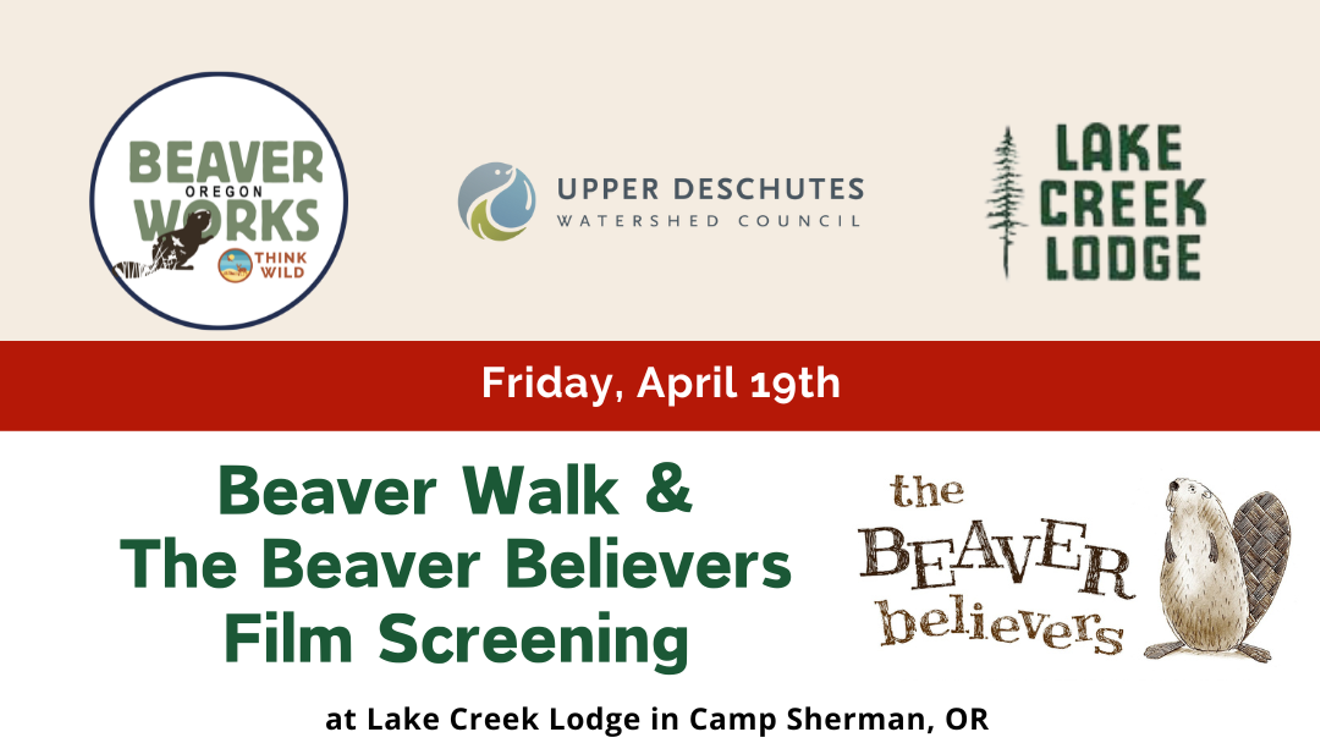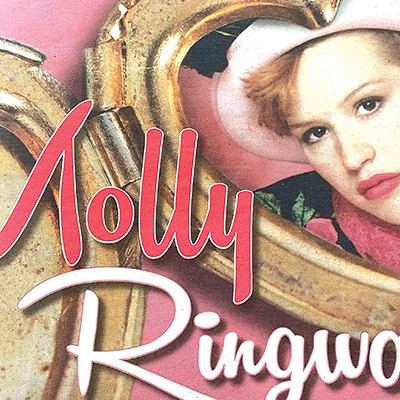Indulgence gets such a bad name.
It is darn near considered a deadly sin—or, perhaps it is considered the cornerstone for all of the seven sins—a self-satisfying nap as proxy for sloth, pigging out on pies and sweets considered a form of gluttony, and the pathway to lust is often paved by indulgence in one's libido as opposed to chaste restraint.
Yes, a conversation about indulgence can too easily snake over to indictments about Americans' growing waistlines, the number of Sunday afternoons spent watching football games and the general laziness of our citizenry.
But such categorizing is lazy (a form of indulgence, if I may point it out); a more refined consideration illustrates that indulgence also offers pathways to virtue—and in our annual Indulgence Issue we celebrate all those good points, as we turn the common conception of indulgence on its head (not to mention half the newspaper).
I may misquote the exact testament, but Ecclesiastes proclaims that there is a time for austerity, and there is a time to laze around the house, to stuff your face with Paul Newman chocolate bars and binge-watch "Game of Thrones."
Self-help books. Yoga. Emo music. Posting on Facebook. So many of these have defined lifestyles in the 21st century, and each (face it) is an act of indulgence.
Synonymous with satisfaction and fulfillment, indulgence is defined by Merriam Webster's Dictionary both as "the behavior of people who allow themselves to do what they want," and "something that is done or enjoyed as a special pleasure."
Although these definitions don't sound so bad, too often, the act of indulgence is also portrayed as an act of taking. But even that consideration of indulgence doesn't explore the full scope—and importance—of indulgence.
Halloween provides a perfect example: "trick-or-treat" plays out the important give-and-take relationship that indulgence facilitates so well. To create givers, we need takers, right? Asking—and taking—for free pieces of fun size Baby Ruths and Reese's Peanut Butter Cups is a quintessential act of indulgence, both in the asking and the subsequent devouring. But, it is also an act that delights the giver—who takes a certain degree of pleasure in pleasing the receiving ghost, goblin or fairydust pixie. And, by that virtue, the more people indulge on Halloween night by taking candy treats, the more happiness they are generating.
This theory, in particular, has played out in the entertainment industry. Yes, TV watching is so routinely maligned as a lazy and passive—and, dare I say, indulgent—pastime. But that Puritanical attitude again ignores the very equation of supply and demand that indulgence inspires. Yes, Americans watch more TV than ever. Some 28 hours weekly. Yet, it isn't a coincidence that the quality of TV has climbed along with this demand: This is the heyday of TV. There are currently more quality TV shows produced in a single year than any other previous decade. What's more, shows like "MASH" and "Hill Street Blues" shrink in comparison to the clever, textured and complicated weave of multiple storylines in shows like "LOST," "Orange is the New Black" and "Breaking Bad." And, in that regard, the truly indulgent person isn't some passive couch potato, but is actually—and perhaps counter-intuitively—actively building and contributing to the incline of American culture. (It is easy to extrapolate this argument to the indulgent nature of "foodies," who have risen as a sub-population in the past decade, and brought along with their indulgent 10 meals eaten out weekly a rise in the quality and quantity of chefs in America.)
In this issue, we provide a round-up of chocolate in town (pg. 45), point you toward some spa time (pg. 39), and suggest some leisure reading (pg. 25).
Indulge yourself—and know that in doing so, you are actually committing an act of generosity.

























